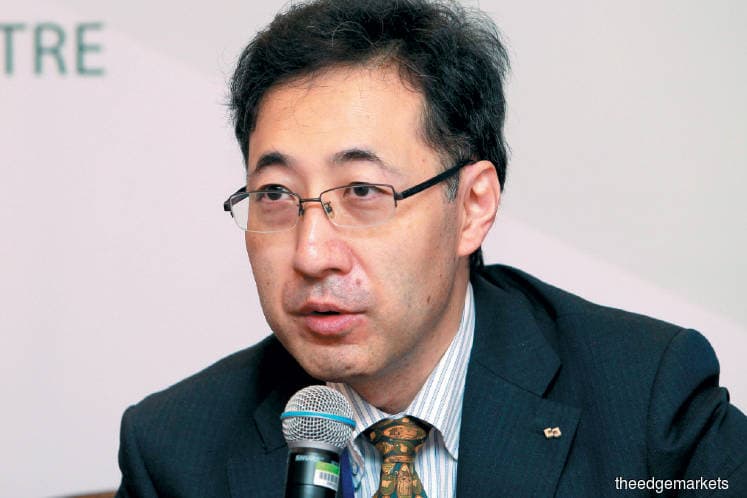
This article first appeared in The Edge Financial Daily on September 20, 2018
KUALA LUMPUR: A subsidiary of Tokyo Electric Power Co (Tepco) says it did not experience any major issue in deploying smart meters in Japan, adding that they have actually proved to be beneficial to customers.
Smart meters allow customers to have real-time data about their power consumption, and thus allow them to make informed choices about energy usage.
Dr Hiroshi Okamoto, executive vice-president at Tepco Power Grid Inc, said the power generation and distribution firm has successfully installed 17 million smart meters for its residential customers.
“We use three different technologies — wireless [radio frequency] mesh network, server (wireless star) network and power line communication,” he told reporters at the Conference of the Electric Power Supply Industry 2018 yesterday. “We optimise the usage of these three technologies”
“At the very first stage [of the deployment of the meters] we had to improve the performance of our network, and right now we have obtained a satisfactory network quality service level, so we don’t see any further difficulties in the further deployment of smart meters,” he added.
Okamoto said Tepco Power Grid is targeting to instal 29 million smart meters by 2020.
The meters, he said, allow Tepco customers to use energy in an efficient manner.
“Smart meters allow our customers to monitor their energy usage every 30 minutes and near real time through our portal sites, and they can change their [energy consumption patterns],” he said.
Okamoto also allayed concerns about radio frequency emitted by smart meters.
“Very few of our customers have refused to instal smart meters because of radio frequency emission concerns. So we do not see any issues in deploying smart meters for all residential customers by 2020,” he said.
Tenaga Nasional Bhd is in the midst of installing 310,000 smart meters in Melaka state in stages. The project, which commenced this year, is expected to reach 8.8 million users in Peninsular Malaysia.